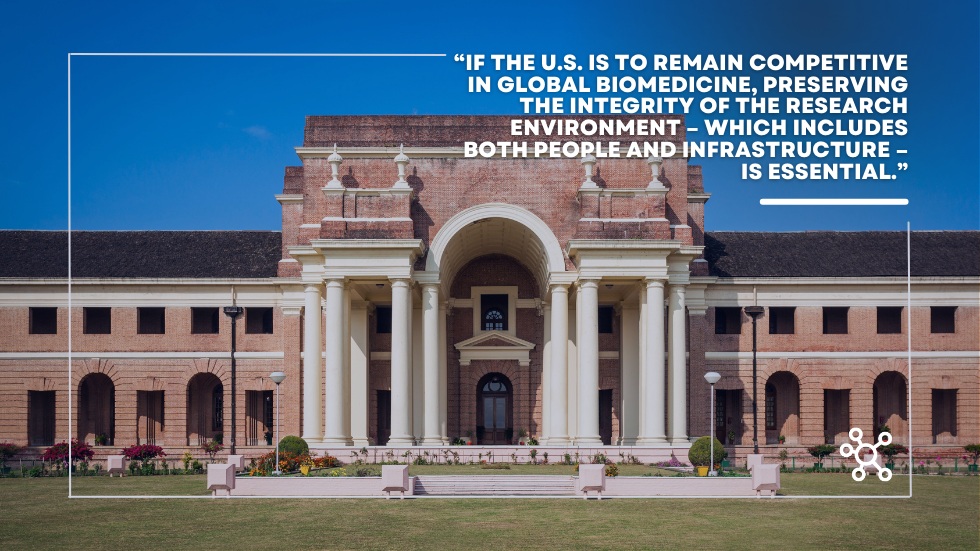Are you considering a career change, or preparing to hunt for your first biotech job? Sometimes you might worry that your education and previous work experience isn’t enough to land your dream position. Perhaps the positions you seek are competitive, or you’re missing one or two things the job listing’s ‘ideal candidate’ should possess.
If that’s the case, don’t worry! Volunteering is a time-honored method of acquiring new skills and experiences to facilitate career transitions and secure exciting professional opportunities. The barriers to securing a volunteer position are usually lower than paid positions. Sometimes volunteering can take place while at your existing job…and it’s often a lot of fun! Recruiters and hiring managers often look favorably upon volunteering experiences, because they highlight the job applicant’s motivation and drive.
When volunteering becomes ‘strategic’
The term ‘strategic volunteering’ might be unfamiliar, but the concept is straightforward. Strategic volunteering simply means you choose volunteering roles based on technical or personal skills and experiences you wish to develop – as opposed to choosing volunteer positions solely because it’s a cause you support, or it’s convenient. But even with strategic volunteering, you want to choose causes you enjoy supporting or else you won’t be motivated to stick with it!
Strategic volunteering doesn’t just have to be about acquiring skills and experience – it can also be an opportunity to network with people who may be able to help move you to the next stage of your career. It could also involve applying the skills you already have in a new context.
All you have to do is think about the skills you’re missing, and what volunteering opportunities can help you address those deficits. For example, if the job positions you’re interested in list experience in Adobe Creative Suite as a recommended candidate skill, consider volunteering as a social media or marketing coordinator for a regional or campus science group, and use Adobe to create promotional flyers or videos for them.

Examples of strategic volunteering opportunities for scientists
It’s great if you already know what organizations you’d like to volunteer with! If you aren’t sure, here’s a couple of science-related volunteering ideas to get you started:
● Leadership or a committee role in a professional science organization
● Assist at a conference or symposium (e.g. helping at the registration desk or guiding attendees around the venue)
● Science outreach in high schools
● Participate in a crowdsourced science project
Getting the most out of your strategic volunteering
Once you’re sorted in your new volunteering role, here are a few things to keep in mind once you start, so you get the most out of every new position:
● Volunteering is a long-term commitment. It’s easy to identify someone who is just volunteering to add a few lines to their CV and put in the bare minimum effort and time while doing so. Although there’s nothing wrong with being strategic and honest about your goals as a volunteer, you want to cultivate goodwill among your fellow volunteers and make a meaningful impact on the organisations you choose to support.
● Be open-minded and say yes. The point of strategic volunteering is to diversify and strengthen your skill set, so don’t be afraid to try out new things that may take you in unexpected directions, even if you worry you’re not qualified.
● Align volunteering with your personal brand. Beyond simply a list of skills and experiences you hope to acquire, you want your strategic volunteering to fit within – and strengthen – your personal brand.
The biotech job market is often confusing for candidates, and the hidden expectations for listed positions can surprise even experienced professionals. The seasoned recruiters at Sci.bio will be able to identify skills gaps in your CV and help you chase your dream jobs. Get in touch with us today to schedule a chat.




